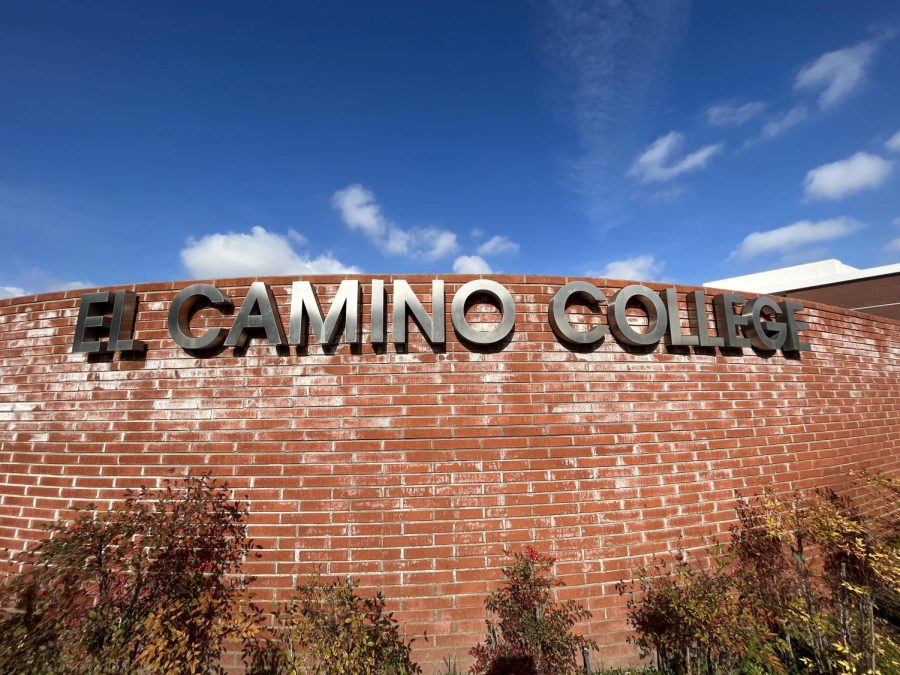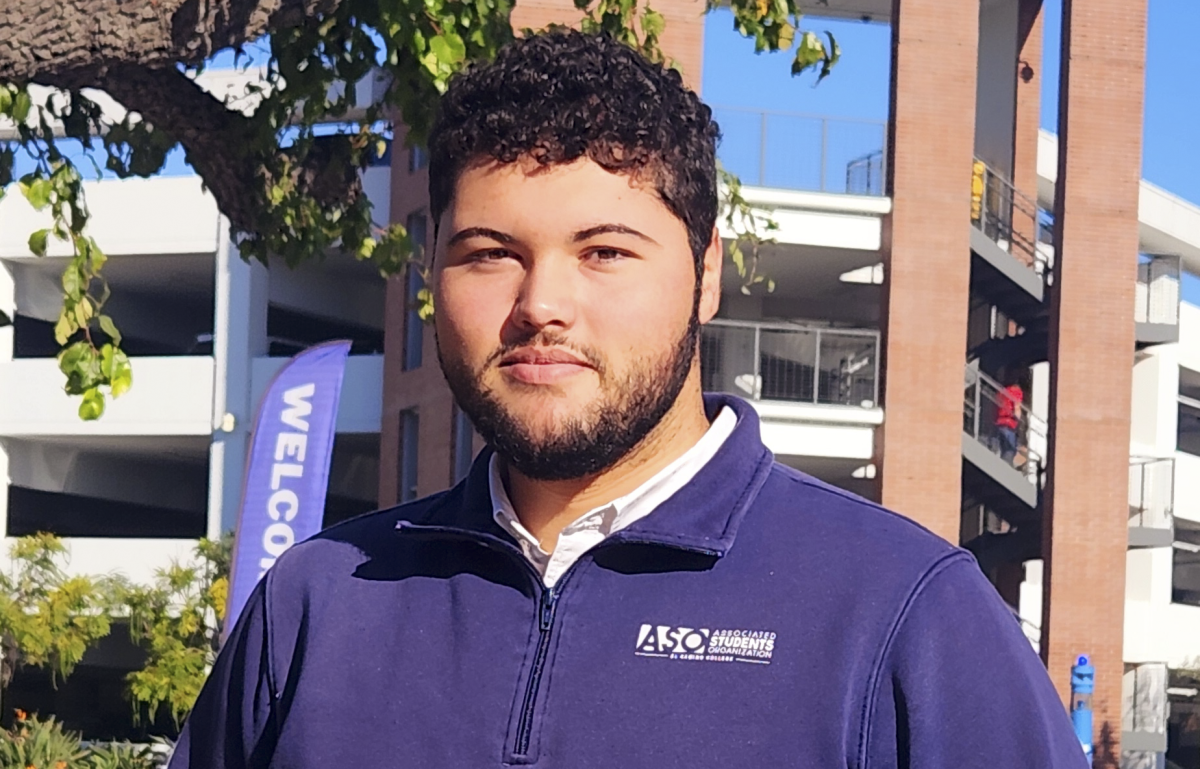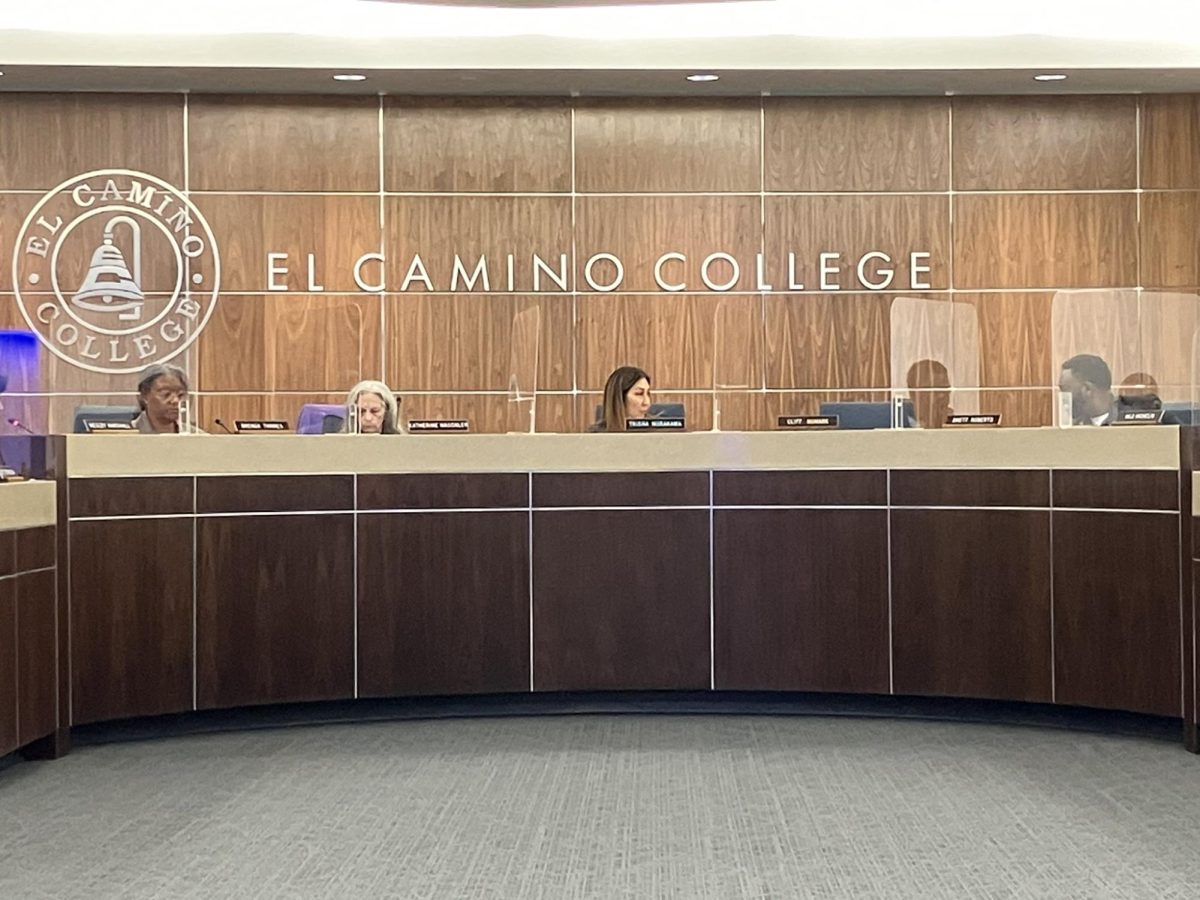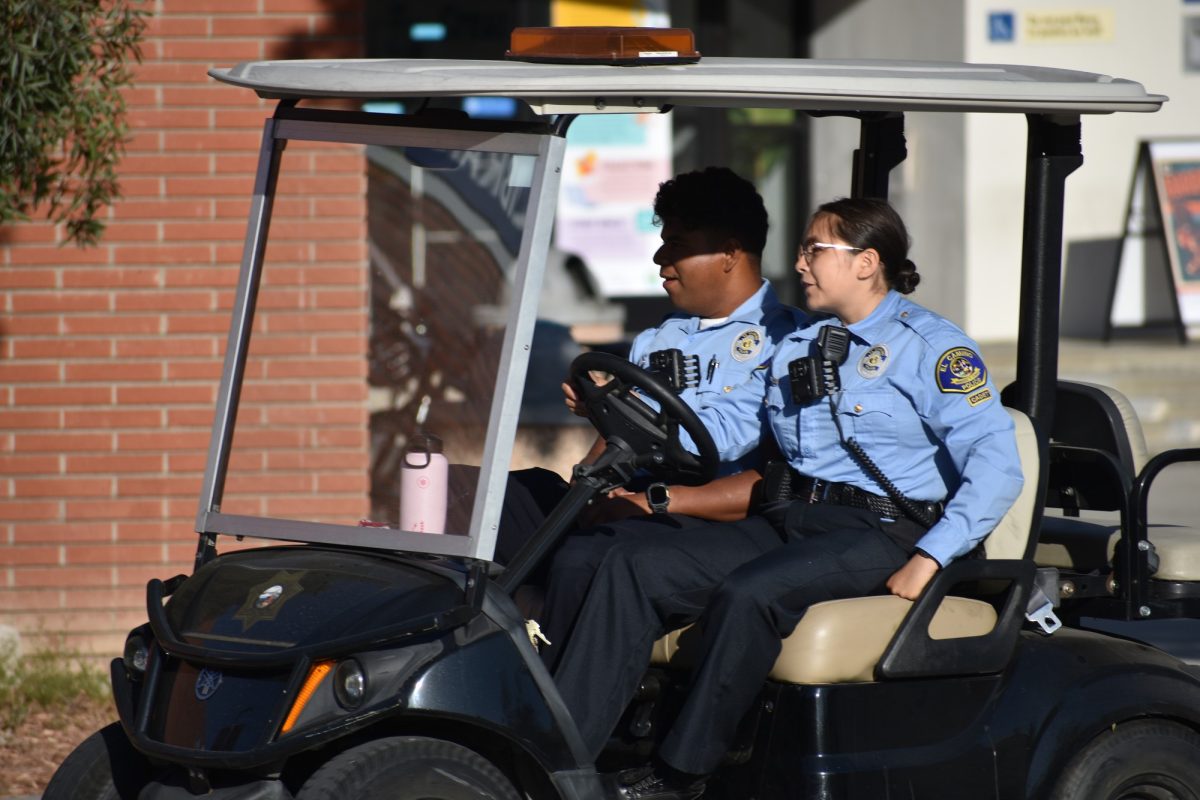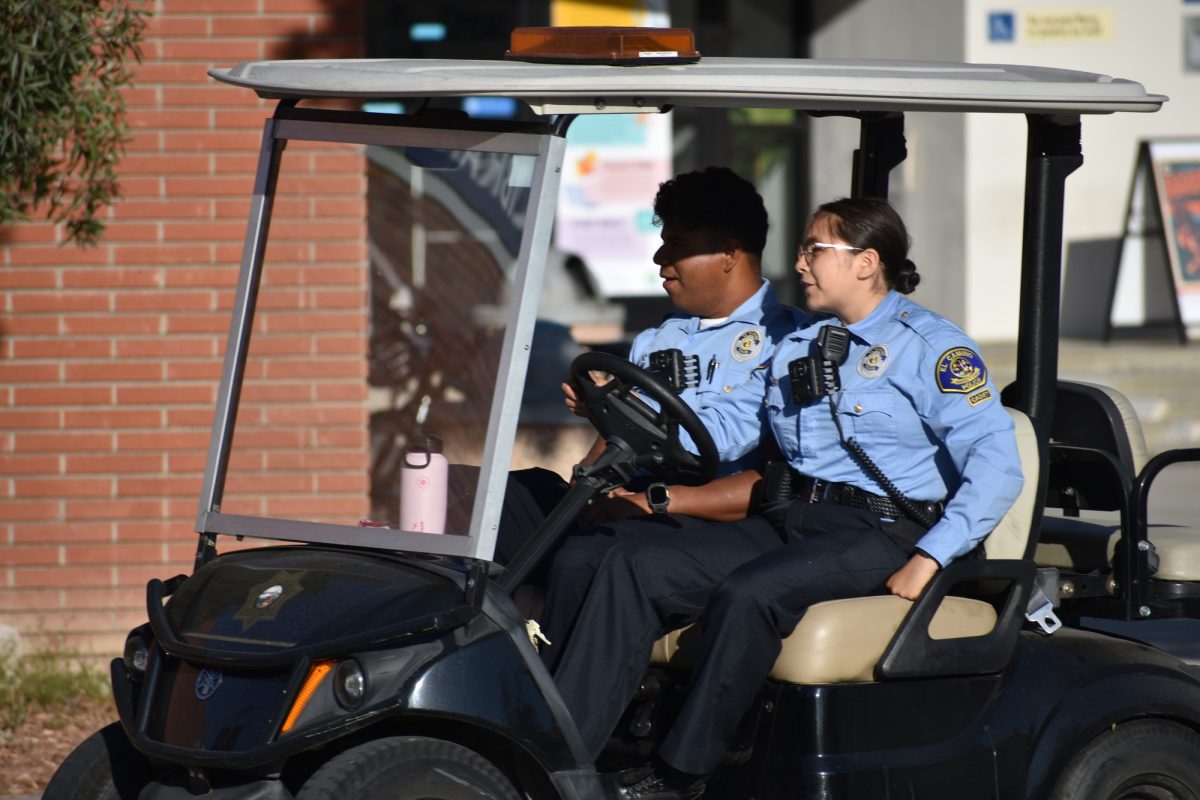Drug dealing on campus is a full-time job for dealers and a growing concern to students and faculty. Campus police are aware of the problem, but little has been done to correct it.
Maryann Leiby, English professor, encountered a situation where two young men, possibly non-students, were parked in a handicapped space, waiting for their buyer.
“There was a vehicle in a handicapped space right next to me. These young men were not disabled by any means,” Leiby said. “I watched them use their beeper and their cell phone, then after three individuals came across from Crenshaw Boulevard and exchanged drugs for money.”
Leiby wanted to call the Campus Police tation, but due to the glares these men were giving her, she went directly to the station. The station asked her to return to the scene and to get their license plate.
“Without thinking twice about it, I went ahead to retrieve the license plate. The men were beginning to look upset and started to back out,” Leiby said.
By the time that she gave the license plate number to the police, the men were already gone, leaving Leiby infuriated and puzzled as to why campus police did not go to the scene themselves.
“The police department is so understaffed because our administration made a poor decision to cut our police force by a third,” Leiby said.
There has been an increase of students caught using drugs, whether on campus or in their vehicles. From July 2004 through April 2005 there have been 39 drug-related arrests.
Despite the increase, campus police do not have a specific answer to the problem.
“It’s difficult to prosecute for possession of marijuana, but the student will be cited,” Sgt. Dal Toruno said. “Unfortunately, we don’t have a special agenda in solving the drug problem. There’s nothing we really do to deter it on our end.”
There are some students on campus who believe drug use and drug dealing is immature and that the students who are doing this type of activity don’t belong here.
“I believe that students who come to school on drugs should just stay home and not attend school at all,” Janet Flores, sociology major, said. “This is college, and these students should leave their high school mentality behind and move on into the real world.”
Others who have been involved with selling drugs have turned around and decided to stop their criminal activities.
“I did my own dealing of the green herb on this campus at one point,” Brandon Thompson, undecided major, said. “I did it ’cause the money was fast and easy; I don’t sell anymore because I wised up. These cops don’t play.”
The consequences for a student or anyone in general selling or using drugs on campus is serious.
Chief Mike D’Amico said anyone with possession of drugs within their vehicle will result in their car being towed, their license being suspended and court fees from $2,500 to $5,000.
The student will also be referred to student administration for academic punishment.
The academic consequences a student will receive are either suspension, which can be for a few days or semesters, or complete expulsion from the college.
Harold Tyler, director of student development, said sanctions will always be enforced for students caught dealing drugs.
“I can recommend that a student be expelled, but only the board of trustees can expel the student. Either way, consequences will be enforced,” Tyler said.



